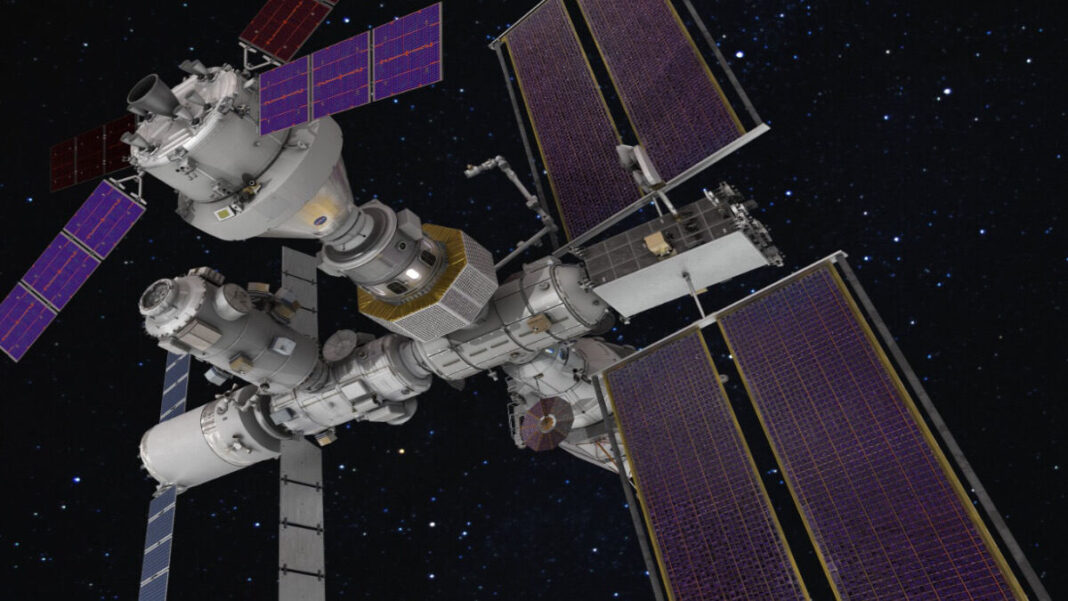UNITED STATES: According to an architect involved in the design of NASA’s Gateway station, the living quarters will be so small that it will be impossible for the astronauts to stand upright inside.
NASA Gateway Station sparks concern about Claustrophobia
In the coming years, NASA and its international partners intend to begin building the Gateway station in moon orbit.
Once finished near the end of the decade, the space lab will be about one-sixth the size of the International Space Station (ISS). It will have two habitation modules, and as a result of which, the crew members will almost have to give up their personal space.
On 30th November 2022, at the Czech Space Week conference in Brno, the Czech Republic, René Waclavicek, a space architect and design researcher at Austria-based LIQUIFER Space Systems, stated that the International Habitation module of the NASA Gateway station will have habitable space of about eight cubic metres.
Waclavicek added that the astronauts would have to share it with three others. He explained that the Gateway station’s Habitation module would be a room measuring 2 metres by 2 metres by 2 metres.

Waclavicek was a part of the design process for the International Habitation or I-Hab, which was built in Europe and is one of the two habitable components of Gateway.
The NASA Gateway station’s I-Hab module is essentially a combination of bedrooms and lab space. The other is the Habitation and Logistics Outpost (HALO), developed in the United States by Northrop Grumman.
According to Waclavicek, the architects had to comply with the project’s practical requirements while working on the design.
Due to the impossibility of launching massive components to the moon, their initial hopes for larger modules, which would provide a larger volume of habitable space comparable to that found on the International Space Station, had to be abandoned.
Compared to what awaits moon explorers on NASA’s Gateway, the International Space Station’s 7.2 by 7.2 feet (2.2 by 2.2 m) interiors, where astronauts could even perform space gymnastics routines, offer a more luxurious experience.
Also Read: SpaceX to Launch 40 Satellites for OneWeb’s Internet Constellation on January 10



